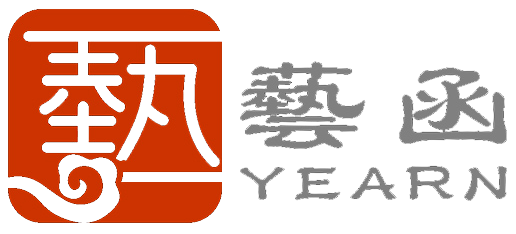polyvinylpyrrolidone polymer
Polyvinylpyrrolidone (polyvinylpyorrlidone), referred to as PVP, is a non-ionic polymer, is the most distinctive N – vinyl amide polymer, and has been the most in-
depth and extensive study of fine chemical varieties. At present, it has developed into non-ionic, cationic, anion 3 categories, industrial grade, pharmaceutical
grade, food grade 3 specifications, relative molecular mass from thousands to more than one million homopolymer, copolymer and crosslinked polymer series
products, and with its excellent unique properties are widely used. As a synthetic water-soluble polymer compound, PVP has the general properties of water-
soluble polymer compounds: colloidal protection, film formation, adhesion, hygroscopicity, solubilization or condensation. However, the most distinctive feature
of it is its excellent solubility and physiological compatibility. In synthetic polymers like PVP, which is both soluble in water and soluble in most organic solvents,
has low toxicity and good physiological compatibility, especially in the fields of medicine, food, cosmetics, which are closely related to people’s health.
Polyvinylpyrrolidone (PVP) is a polymer derived from the monomer vinylpyrrolidone. It is a versatile and widely used polymer with various applications in
different industries. PVP is available in different molecular weight grades, with PVP K30 being one of the commonly used grades. Here are some key
characteristics and applications of PVP polymer:

Characteristics:
– Solubility: PVP is highly soluble in water and forms clear, colorless solutions. It is also soluble in many organic solvents.
– Film-Forming: PVP has excellent film-forming properties, allowing it to create thin, transparent films on surfaces.- Complexation: PVP has the ability to form complexes with other molecules, including drugs and active ingredients, which can improve their stability, solubility,
and bioavailability.
– Non-Toxic: PVP is generally considered safe for use in various applications, including pharmaceuticals and personal care products.
Applications:
1. Pharmaceuticals: PVP is widely used in the pharmaceutical industry. It is used as a binder, disintegrant, and solubilizer in tablet formulations, improving the
tablet’s integrity, dissolution, and bioavailability. PVP is also used in ophthalmic solutions, topical formulations, and oral suspensions.
2. Personal Care Products: PVP is commonly found in various personal care products, including hair care products (e.g., hair sprays, gels, and styling products)
and skin care products. It acts as a film former, fixative, and suspending agent, providing hold, texture, and stability to these products.
3. Cosmetics: PVP is used in cosmetics for its film-forming and adhesive properties. It can improve the wearability and longevity of makeup products, such as
foundations, mascaras, and eyeliners.
4. Adhesives and Coatings: PVP is used in adhesives, coatings, and paints due to its adhesive and film-forming characteristics. It helps to improve adhesion,
cohesion, and film strength in these applications.
5. Industrial Applications: PVP finds applications in various industrial processes, such as textile processing, emulsion polymerization, and ink formulations.
The versatility and desirable properties of PVP make it a valuable polymer in a wide range of industries, contributing to the performance, stability, and
effectiveness of many products.

